Google's strategy to take on iPads needs these to succeed
Once belittled as a glorified browser masquerading as a desktop, Google's Chrome OS is arguably more exciting now than Android. Save for a phone, it now runs on different form factors, including detachable 2-in-1s and standalone tablets. It can run Android apps and, soon, Linux apps as well, both command line and graphical. Chrome OS is definitely now in a better position to take on even the likes of Apple's iPads, but it will not be enough to simply have Chrome OS tablets or convertibles. Fortunately, Google might already have all that it needs to take it to the next level.
The real iPad killer
Google may have been somewhat indifferent to tablets, especially Android tablets, but it might have finally woken up to reality. A reality where Apple practically drives the tablet market. Before Cupertino launched its education-centric iPad, Google launched the similarly education-centric Acer Chromebook Tab 10, the first Chrome OS tablet. But even before that, we've been seeing a new generation of Chromebooks that either fold into a tablet or split into two.
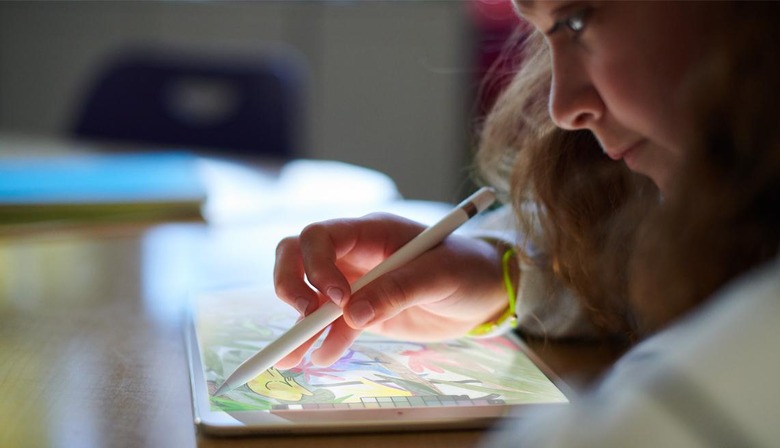
It's not that tablets are becoming the hot new thing in tech again. They might be, at least once foldable tablets become real. They're just undergoing a transition from consumption device to creation machines. But more importantly for Google's case, it represents a market that is being dominated by Apple and, to some extent, Microsoft. In other words, a market it is losing out on. Android tablets didn't exactly serve it well (chicken and egg problem really) so Chrome OS might now be its best bet in certain markets.
Pixelbook 2: Bezels B-gone
It was recently leaked that Google was working on a successor to the Pixelbook, which isn't a surprise really. The Pixelbook was more or less well-received and, like the Pixel phone, is pretty much the reference for Chromebooks. The leak also mentions that the Pixelbook 2, if that will be its name, will have slimmer bezels than its predecessor, hinting at design improvements that take it in line with modern notebooks and tablets. Hopefully, those will be the least of the changes.
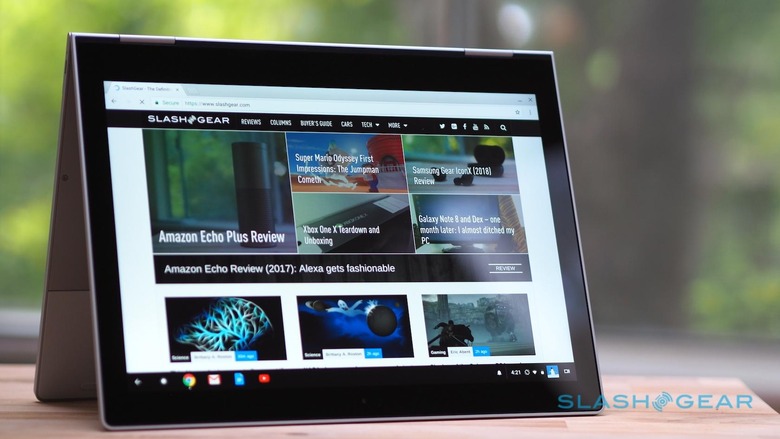
Chromebooks have come a long way in terms of design. Starting out as the cousins of the ill-fated netbooks, the first waves of Chromebooks sported more utilitarian and industrial designs, which some would describe as "ugly". It gave the impression of Chromebooks being underpowered and cheap computing devices simply for browsing the web or using web apps. Then again, that's precisely what they were, but it's now time for Chrome OS to grow up.
More muscle mass
Chromebooks need to shed off their image of being underpowered devices. That's happening slowly but it should happen en masse with the next generation of Chromebooks. Do away with the low-powered Rockchips and Atoms and welcome Cores and Snapdragons. More RAM will definitely be nice, especially in relation to a later point.
It doesn't need to be an Intel vs ARM debate either. More than Android itself, Chrome OS actually runs well on either. Google has worked with Rockchip on an ARM-based OP1 just for Chromebooks but it is definitely showing its limits as shown by the Acer Chromebook Tab 10. It's probably time for Google to use its klout to get chip makers in line with its program. Surely it has more influence with Intel and Qualcomm than Microsoft.
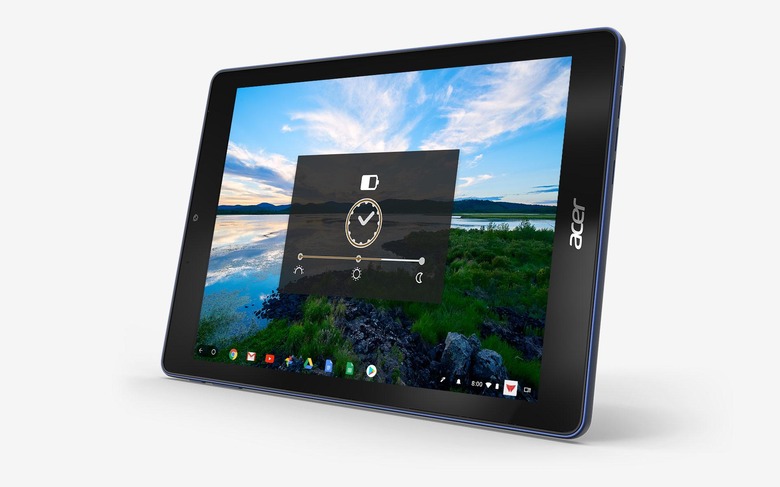
Touch and go
But more than a hardware refresh, Chrome OS and Chromebooks need a major software upgrade. Chromebooks started out really as glorified web browsers masquerading as desktops running on a laptop, Chrome OS has long outgrown that basic use case. And the way Google and its partners have been pushing Chromebooks, you'd presume Chrome OS has graduated from being a simple keyboard and mouse OS.
One problem: Chrome OS still isn't great at touch interaction. Even bigger problem: the Android and Linux platforms it will be supporting aren't either. OK, Android is actually built for touch but it has mostly been built for small, single screen interactions. Despite having existed for years, most Android apps are still terrible on tablets and their support for multiple screen sizes and form factors need more than just a lot of work.
Multitasking madness
Apple was, for the longest time, adamant about multitasking on iOS, be it iPhone or iPad. It's almost ironic, then, that it has now surpassed Google in that regard. Of course, Chrome OS got its floating windows first and Android eventually got split-screen windows. But while the functionality is there, their execution leaves much to be desired.
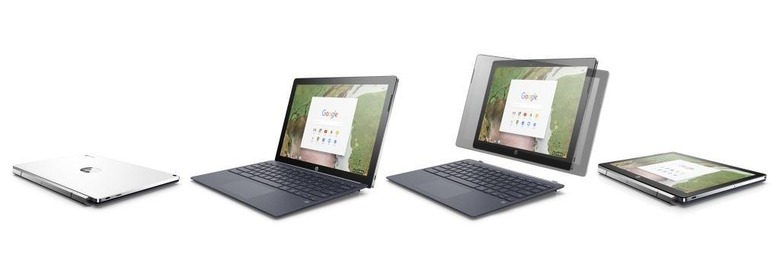
It may be cumbersome at times, but Apple has almost mastered the art of drag and drop on touch screen tablets. Copying data between two apps on iOS is almost just as natural as on desktops. You can do that to some extent on Chrome OS but it becomes more complicated when you add Android apps into the mix. Add Linux and you've got a mess.
Creation machines
Chrome OS and even Android have an app problem. No, there's no shortage of apps. In fact, there might be too many. There is, however, a shortage of a certain class of apps that have helped make iPads the tablet of choice especially in schools. Apps that let you create more than consume.
Mention a kind of content creation and, chances are, iOS has them, especially on the iPad. Painting apps, video editing apps, podcasting apps, music creation apps, the works. While Android has some of those, very few stand out that would make people want to buy an Android or Chrome OS tablet over an iPad. It's even worse with Chrome OS apps. With Adobe committing to a full Photoshop app for iPads, Apple's tablet just cemented its position in the market. Google can only dream of something like that right now.
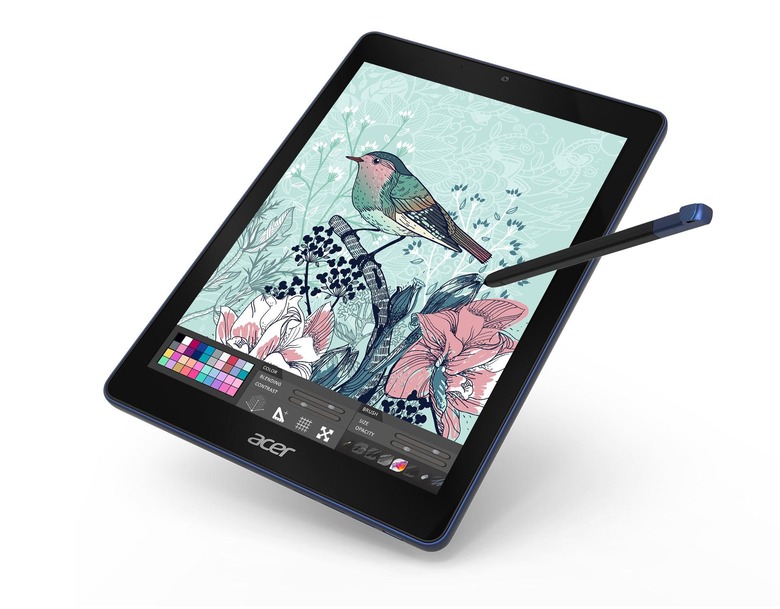
Wrap-up
The new Pixelbook will probably be sleek and beautiful. Like butterflies coming out of their cocoons, Chromebooks are transforming into more aesthetically pleasing devices. That's pretty much a product of the natural evolution of design and is really not something Google and friends have to worry about. What they do have to worry about is the software actually catching up to the potential offered by the hardware. Chromebooks now offer touch and pen input and yet are still not optimized for those. The Chrome OS interface and apps, even Android apps, are also not fine-tuned for those. And the ability to run almost any software imaginable, one way or another, is hobbled by not so great performance and multi-tasking frameworks. Chrome OS is definitely due a major upgrade and hopefully Google now sees the iPad and the new Surface Go as big enough threats to take matters seriously.
